Neuropsychologist Marcela Alegre explains what the neuropsychological clinic is, its methodology and objectives.
What is the neuropsychological clinic?
The neuropsychological clinic is based on rehabilitation treatments, stimulation, and cognitive training programs through NeuronUP and the implementation of behavioral therapeutic techniques and strategies.
To establish a personal profile we must understand the biological nature of our thoughts, emotions, motivations, and behaviors. Today, technology enables us to reveal the physiology of behavior.
If we control our cognitive skills and our emotional world, we will consequently be able to achieve our goals or projects.
That is why we stimulate learning, open-mindedness, proactivity, attentional focus, processing speed, flexibility, decision-making, self-esteem, and emotional self-regulation.
For this, one must develop emotional, cognitive, and executive resources since good regulation of these makes it possible to establish positive relationships and is a strong predictor of successful performance.
How do we work in the neuropsychological clinic?
Good luck is not casual but causal. At the Dislexia y Conducta (DC) center we work toward that.
Working modality
At DC, the working modality consists of the application of neuropsychological training modules following 3 steps:
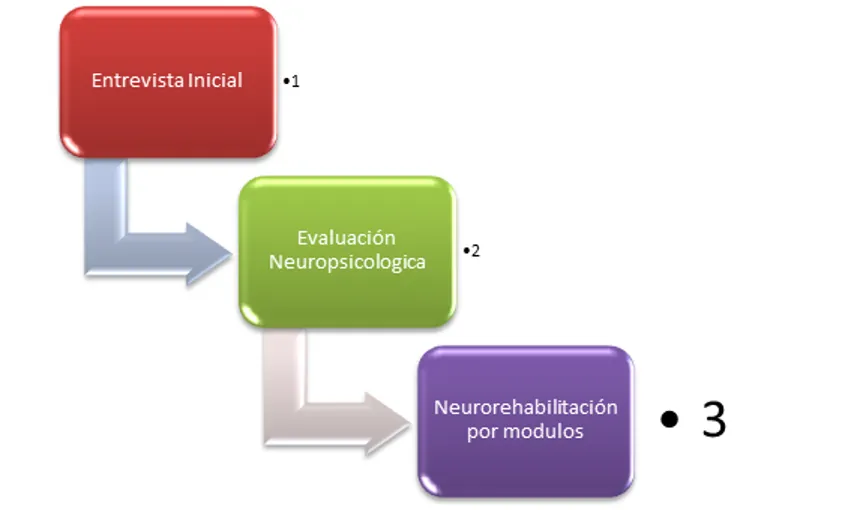
Step 1
First, the initial Press Conference, where clinical, family, emotional, psychosocial, and learning data are collected. At this stage, Number Lines and questionnaires are also provided to be completed by the individual, the family, and the environment. This way we obtain data from the environmental feedback that we use to complete the client’s profile.
Step 2
The neuropsychological assessment is where a comprehensive evaluation is carried out through various tests. These have an eclectic approach to evaluating processes and higher cortical functions, psychological and behavioral characteristics of the individual.
That is, the assessment of intellectual functioning, executive functions (fluency, cognitive flexibility, planning and organization), attention, memory, language, spatial, perceptual, constructional abilities and learning (reading, writing and numbers).
As well as the psychological profile, assessment of anxiety, impulse management, conflict resolution capacity, level of emotional self-regulation, belief system and thoughts, interpersonal relationship style, neuropsychological skills applied to sports performance and thought control.
Step 3
Modular neurorehabilitation is a personalized treatment plan where training and stimulation modules are assigned through NeuronUP for each profile. In parallel, at DC we work with the implementation of behavioral therapeutic strategies, individual coaching, and family and organizational management.
Cognitive reappraisal and cognitive awareness
Furthermore, we work on these two types of strategies. And when training emotions, we use techniques such as:
- Visualization: mental imagery/attention
- Positive phrases: positive reinforcement / concentration
- Breathing/relaxation: improves stress, cerebral blood flow and oxygenation
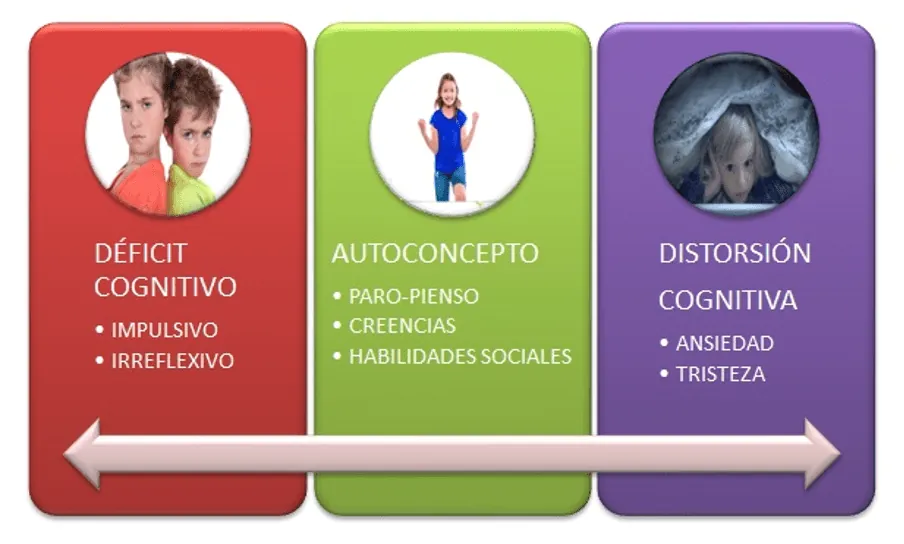
Goals and objectives achieved in the neuropsychological clinic
Through stimulation of the cortical areas involved in each profile, and with the implementation of compensatory therapeutic techniques and strategies, the following is achieved:
Build bridges
Our brain changes thanks to stimulation since it has the capacity to reorganize, adapt, and modify itself. This is due to neuroplasticity, which consists of the physical change of our brain based on experience and learning. In this way, it is achieved with continuous and explicit training (NeuronUP + therapeutic approach -calculado en 士 35 horas de estimulación).
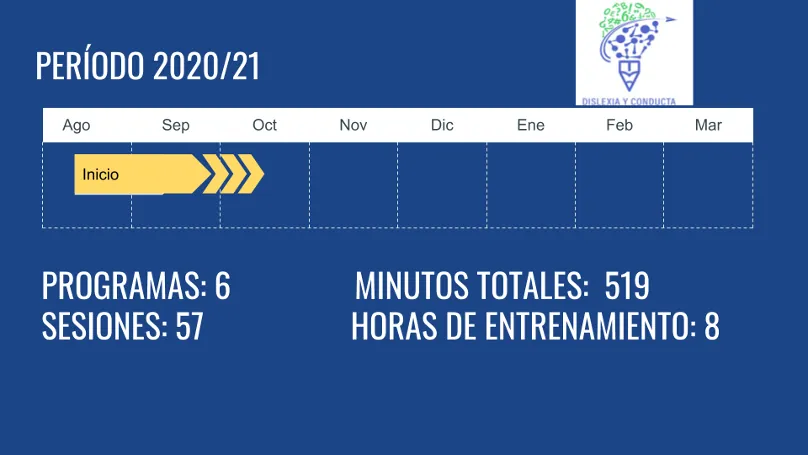

Subscribe
to our
Newsletter
Learn coping strategies
And thus strengthen executive functions, improve self-regulation, and change attentional behavior, thereby improving processing speed.
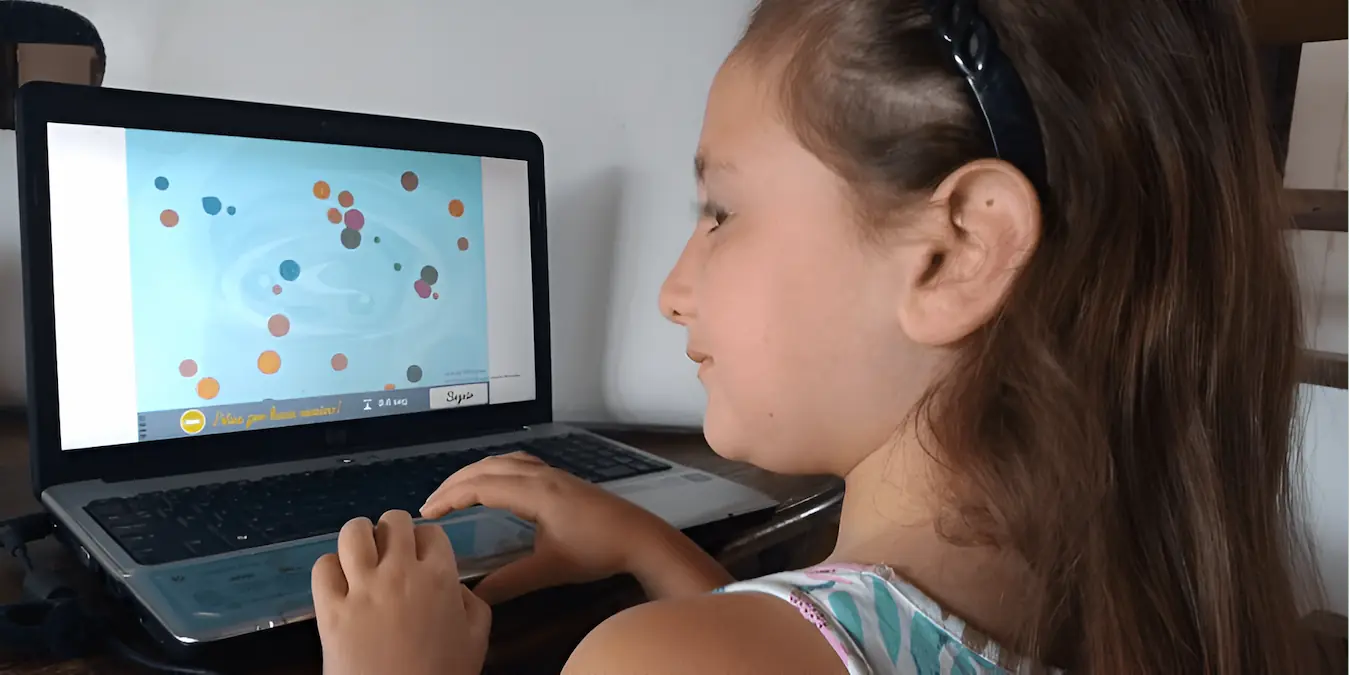
Apply learning techniques
Starting from the premise that learning modifies the brain and with the aim of achieving flexible learning, it is possible to compensate, sequence, and analyze techniques and strategies for planning and organization.
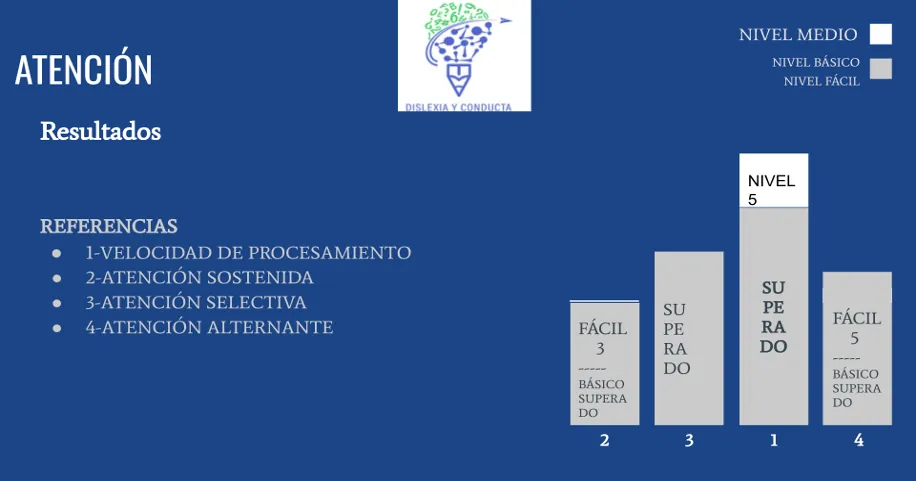
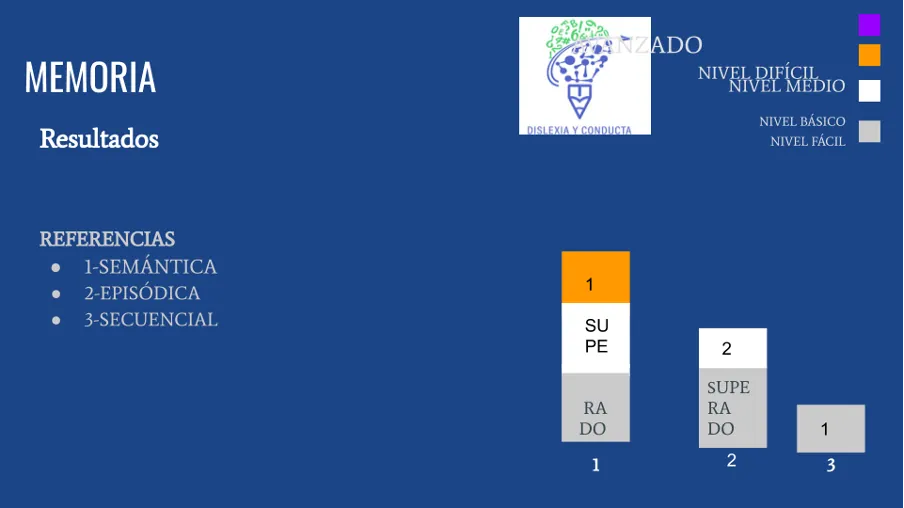
Manage emotions
Emotions are neural circuits and, therefore, are subject to the reversibility of neural plasticity. Thus, through training we generate habits to combat negative emotions that trigger an emotional response and increase levels of stress and anxiety.
Neuropsychological clinic in sport
How neuropsychology influences sport and how we work on it at DC.
Psychological variables that influence sports training
In sports neuropsychology at DC we work on the psychological variables that influence sports training, namely:
- Concentration
- Motivation
- Attention
- Anxiety
- Self-confidence
- Planning / Organization
- Memory
- Decision-making
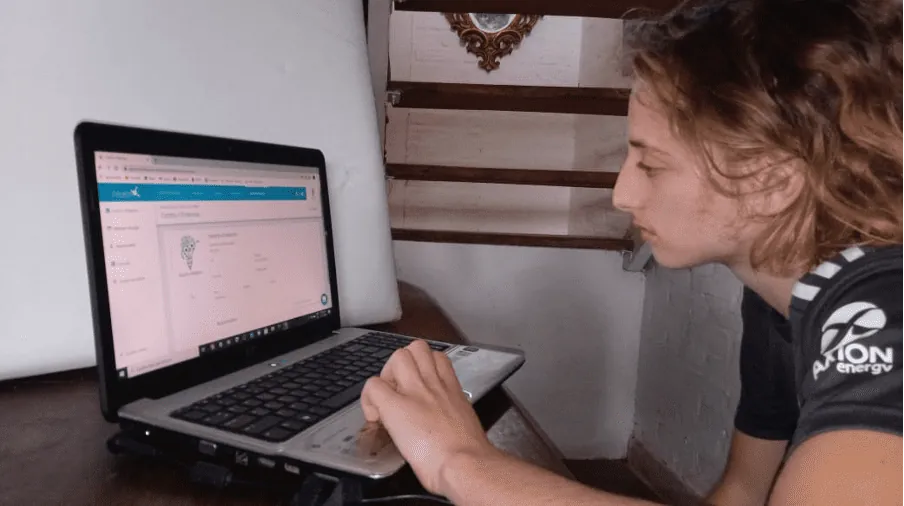
How we work on sports neuropsychology at DC
We train thought control and its influence on sport, since it modifies bad habits, guides and controls attention/concentration, and helps cope with stress. Likewise, it regulates self-confidence, motivation, reduces cognitive anxiety, and promotes self-control.
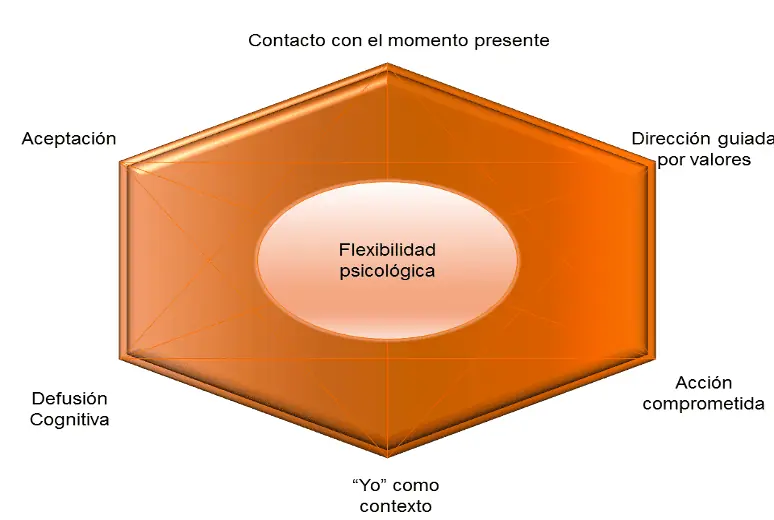
On the other hand, we work on increasing flexibility in inappropriate modes of information processing and the rigid interpretations we make of the environment, relationships, and ourselves.
Our objective focuses on changing:
- The form
- Frequency
- Intensity of experiences
To modify:
- Reactive behavior
- Provide mindful attention
- Develop skills for thinking and self-reflection
Thus, with acceptance and commitment, anxieties can be regulated, frustration improved, and self-esteem increased, thereby improving energy, well-being, and motivation, creating a facilitating environment to exercise self-control.
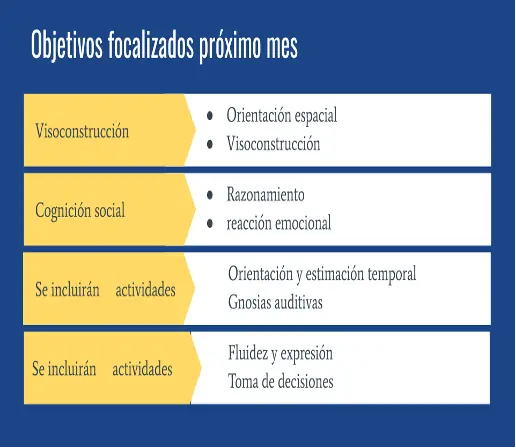
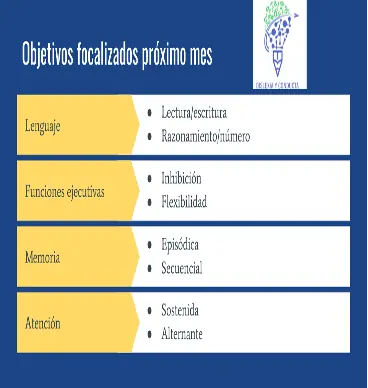
If you want to learn more about our proposal, visit us at dislexiayconducta.com.
And if you liked this article about the neuropsychological clinic, you might also be interested in the following articles:
“This article has been translated. Link to the original article in Spanish:”
La clínica neuropsicológica: qué es, metodología y objetivos
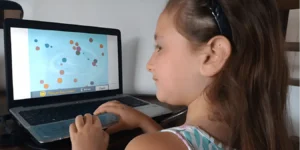


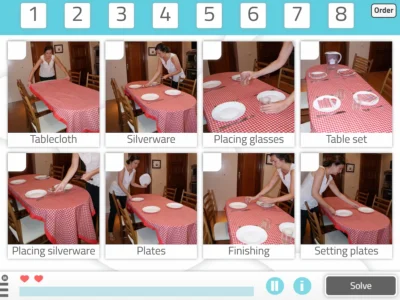
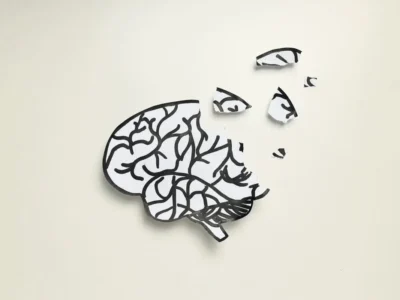

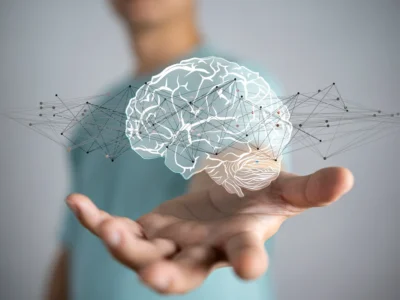
 Childhood Laterality: Cross-Lateral Exercises for Children
Childhood Laterality: Cross-Lateral Exercises for Children
Leave a Reply